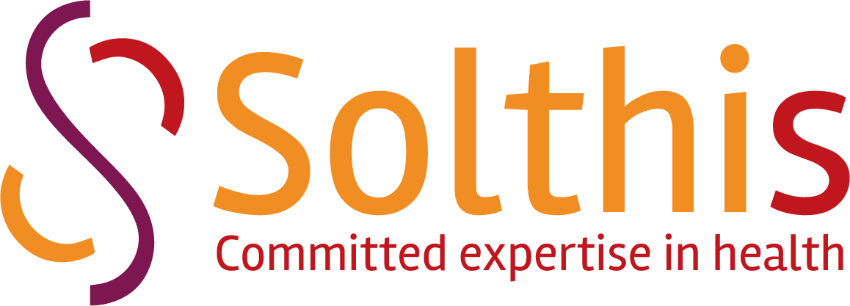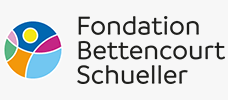2014 – 2015
Guinea
No partner available
Neurological complications associated with HIV infection are frequent and can occur at any stage of the disease, from seroconversion to AIDS. They may be linked, among other things, to opportunistic infections (OIs) such as toxoplasmosis, neuromeningeal cryptococcosis and tuberculosis, which should be systematically suspected in cases of central nervous system involvement. In 2011, a study carried out in Conakry revealed a high mortality rate (52%) among people living with HIV (PLHIV) hospitalized with neurological symptoms. This finding highlights the limitations of national recommendations in terms of diagnosis and management of PLHIV with neurological signs. This study introduces the hypothesis that the implementation of protocols combining standard biological examinations, simplified screening tests and standardized treatments will improve the management of PLHIV presenting with neurological OIs.
Objective
To improve the diagnosis and specific treatment (toxoplasmosis, neuromeningeal cryptococcosis, meningeal tuberculosis or bacterial meningitis) of hospitalized PLWH with neurological disorders.
Activity
The PIONG study project targets all hospitalized patients with known or newly diagnosed HIV infection and neurological signs, in the two national hospitals in Conakry.
Solthis’ actions:
- Obtaining approval from the Health Ethics Committee
- Preparing study tools
- Training site personnel
- Formalizing screening and drug dispensing circuits at sites
- Purchasing inputs
- Recruiting patients
- Monitoring patients
- Collecting and analyzing data, writing report
Beneficiaries
-
Conakry University Hospital
Results
-
A new, proven algorithm for diagnosing and treating HIV-infected patients with neurological opportunistic infections
-
Improved treatment uptake for people living with HIV hospitalized with neurological disorders Reduced mortality among hospitalized PLHIV with neurological disorders





